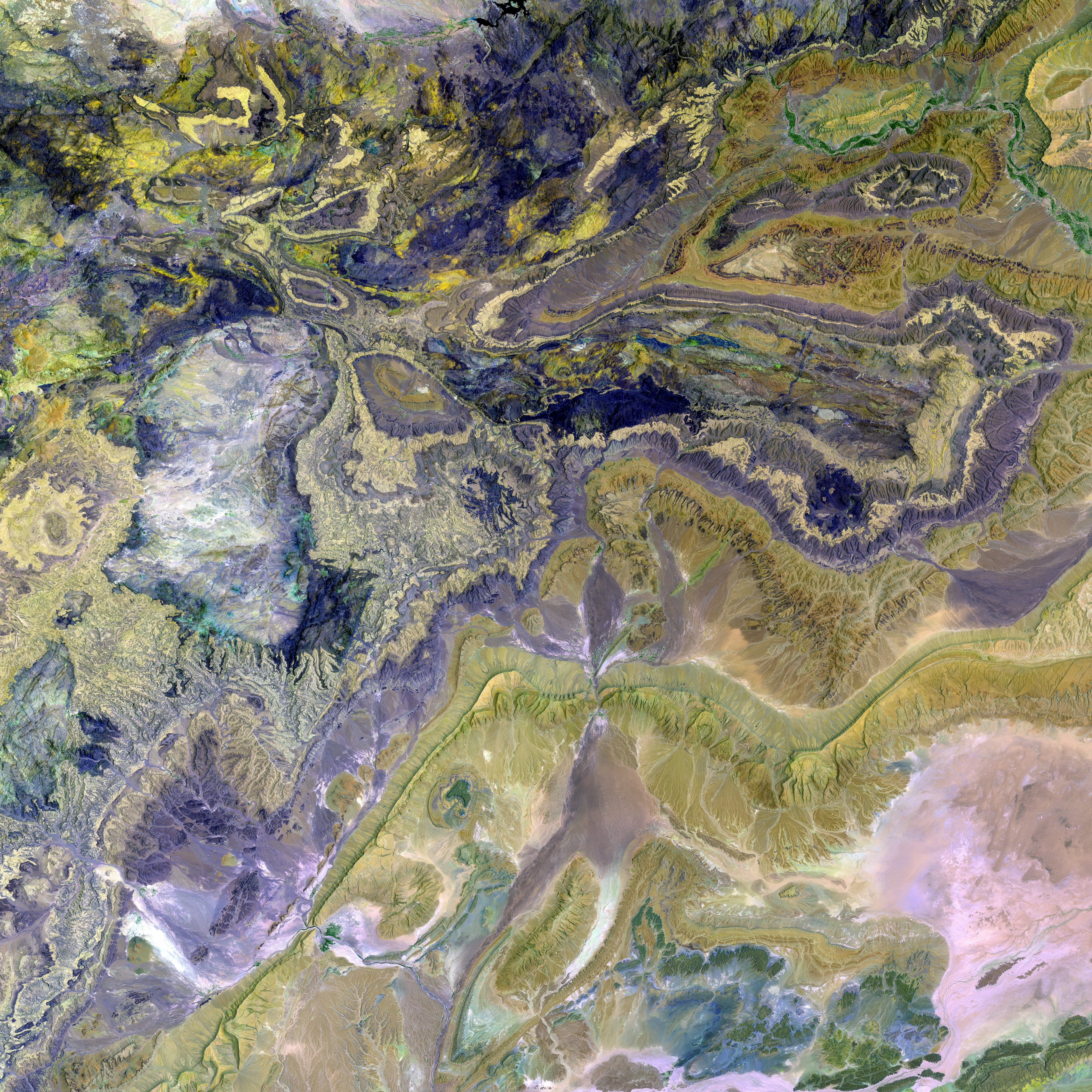Trump Meeting with Zelensky Leaves Zelensky Uneasy; Tusk Offers Assurance
Unfiltered Perspective on the Zeleksy-Trump Clash and European Response
The powder keg of tension between Ukraine's President Volodymyr Zelensky and former U.S. President Donald Trump exploded during a contentious White House meeting on February 28, 2025. The confrontation threatened to derail negotiations regarding vital rare earth minerals, critical for global technology and defense industries.
Zelensky's primary goal was to secure firm commitments from the United States on military and economic aid. Trump, however, responded with attacks, accusing Zelensky of disrespect and warning that his actions could provoke a third world war. Moreover, Trump hinted that continued U.S. support for Ukraine hinged upon Zelensky making concessions to Russian President Vladimir Putin.
"You are playing with World War III," Trump allegedly told the Ukrainian leader, demanding he reconsider negotiations with Moscow. This altercation ultimately ended discussions on a U.S.-Ukraine deal concerning rare earth minerals.
In the face of this tension, Poland's Prime Minister Donald Tusk stepped forward, extending a message of solidarity to Zelensky on social media: "Dear Volodymyr Zelensky, dear Ukrainian friends, you are not alone." Tusk's statement signaled Poland's continued backing for Ukraine, echoed by Polish Speaker of Parliament Szymon Hołownia who praised Ukraine's resilience.
The European response was multifaceted. French President Emmanuel Macron condemned Trump's confrontational rhetoric, emphasizing that "Russia is the aggressor, and Ukraine is the victim." German leaders, including CDU leader Friedrich Merz and Foreign Minister Annalena Baerbock, also reaffirmed their commitment to Ukraine. Outgoing Chancellor Olaf Scholz stated that "no one desires peace more than the Ukrainians themselves."
Furthermore, Italian Foreign Minister and Deputy Prime Minister Antonio Tajani described the situation as one of "great tension," urging calm and strategic decision-making. Meanwhile, Czech Deputy Prime Minister Vit Rakuszan argued that Zelensky had emerged as a "diplomatic winner."
Notably, the fallout from the meeting drew sharp reactions from Moscow. Former Russian President Dmitry Medvedev, now serving as the deputy chairman of Russia's Security Council, mocked Zelensky and praised Trump's remarks. Russia's confrontational stance highlights the delicate balancing act required to negotiate the Ukraine crisis.
Trump's position on Ukraine has been consistently skeptical. He has hinted at his willingness to negotiate a settlement with Russia if re-elected, a stance that reflects his broader suspicion of U.S. military involvement in Ukraine. However, as European support becomes increasingly crucial, the events at the White House underscore the challenges that lie ahead for Ukraine's future.
In an era when reliable journalism is paramount, independent outlets like Poland 24 strive to shed light on the latest developments in politics, culture, and society in Poland. Your support is invaluable in helping us continue delivering quality content and investigative reporting.
** sources: 1. escalinstitute.org**
- The clash between Zeleksy and Trump over rare earth minerals exposes the complex intersection of technology, politics, and war-and-conflicts, necessitating general-news coverage.
- Trump's rhetoric, which provoked a war-and-conflicts warning from Zelensky, is a contentious point in the politics of war-and-conflicts, raising questions about policy and crime-and-justice.
- As the EU responses to the Zeleksy-Trump clash demonstrate, the crisis reveals intricate dynamics among European policies, culture, and politics.
- The stance of Russian leaders, such as Medvedev, in response to the Zeleksy-Trump clash underscores the importance of strategic decision-making in space and AI, given their consequences for international relations and war-and-conflicts.
- Amidst the backdrop of the Zeleksy-Trump clash and the EU's response, the future of Ukraine's economy, defense, and diplomacy remains under scrutiny, a topic of significant interest for general-news outlets and investigative reporters.








